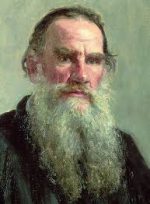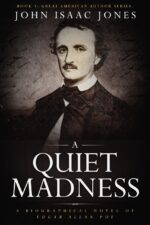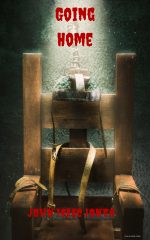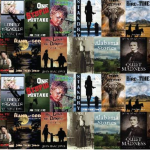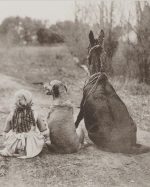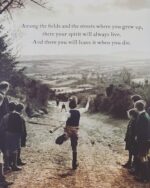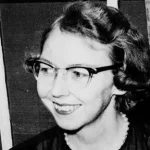
Flannery O’Connor on reading….
(Mary Flannery O’Connor was an American novelist, short story writer, and essayist. She wrote two novels and 31 short works including Wise Blood which is one of my favorite stories in American literature.) “I didn’t really start to read until I went to Graduate School and then I began to read and write at the
